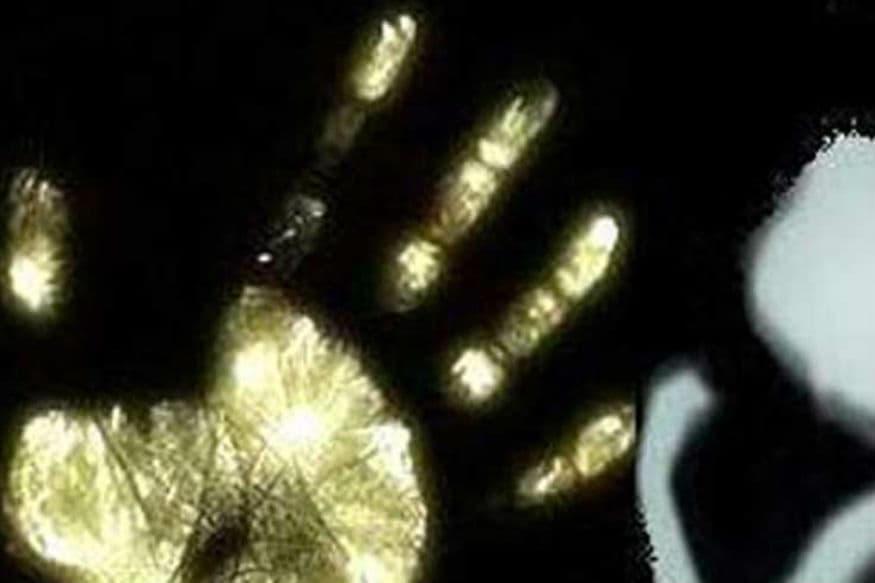
Four tribal children were allegedly hacked to death with an axe at a village in Jalgaon, Maharashtra on October 16, 2020, said an Indian Express report.
According to Nashik’s Inspector General of Police Pratap Dighavkar and Jalgaon Superintendent of Police Pravin Mundhe, police rushed to the village after the family’s landlord Mushtaq Shaikh found the bodies at 8 AM on Friday.
Shaikh, who had been looking after the children at their parents’ behest, went to their room to wake them up but instead saw all four children lying in a pool of blood and an axe on the floor. An FIR for murder was lodged at Raver police station against an unidentified person. Assistant Superintendent of Police Kumar Chintha will head the Special Investigation Team, said Mundhe.
The bodies of the four children, all under 15 years, were taken to the Jalgaon District Civil Hospital for a post-mortem. The children belonged to Pawara tribe, a subdivision of Bhil Adivasi community spread across western, central and north-eastern India.
They lived with their parents, Mehtab and Rumali Bai Bhilala at Borkheda Shivar village. Mehtab and Rumali had left for their family home at Gadhi village, Madhya Pradesh on October 15 morning to attend a funeral.
According to the Police Patil of Borkheda Shivar Arun Patil, the low-income family lived in a shack consisting of bare essentials and a tin roof on the outskirts of the village. They left Madhya Pradesh eight years ago in search of work. Moreover, they were the only tribal family in the village of 350 people.
State Minister of Water Supply and Sanitation and Jalgaon Rural MLA Gulabrao Patil asked police to consider the possibility of fast-tracking the case once it goes to trial.
“We will also seek assistance from (Special Public Prosecutor) Ujjwal Nikam since he hails from Jalgaon,” he said in the report.
Related:
157 attacks on Christians in 3rd quarter of 2020: Persecution Relief
Bihar police shower bullets and lathis on Adivasis in Kaimur!
MP: Adivasi activists illegally detained and tortured by forest officials
Three decades on, many Sardar Sarovar Dam affected persons still await rehabilitation